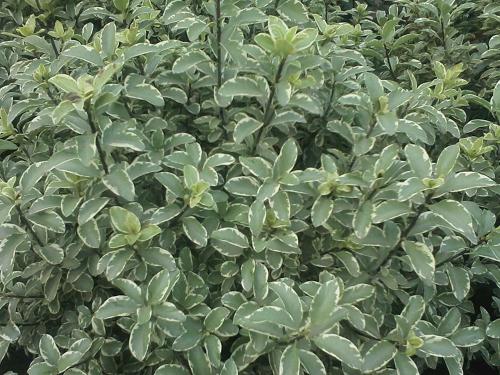
Even the best tended gardens get weeds. Most weeds, particularly annual and perennial weeds, meet a quick demise by getting pulled out or sprayed with herbicide. A few shrub and tree weeds though, are sometimes allowed to mature into functional members of the landscape.
Many sneak into the garden by growing within overgrown or otherwise concealing shrubbery, where they can hide long enough to get established. Others are left to grow because they are recognized as desirable plants. The main problems is that many end up in situations where they eventually become problematic.
Mexican fan palms are distinctive trees. Unfortunately, many grow below utility cables, because that is where birds drop the seed as they eat the fruit. Unlike other trees, palms can not be pruned around utility cables, so must be removed when they get too tall.
Silk tree, black locust, tree of Heaven and various oaks, pines, acacias and eucalypti are some of the more common trees that can sneak into gardens. Sometimes, they happen to land in good situations. More often though, they get too close to foundations, eaves, pavement or other features that they damage as they grow. Like Mexican fan palms, they are easier to remove while young, before they become problematic.
Pittosporums, cotoneasters and privets are commonly seeded shrubbery with less potential for problems. The main problem with glossy privet is that it can be too prolific and aggressive, so that it can crowd out more desirable plants. Most pittosporums and cotoneasters that get seeded are from plants that are ‘straight species’ (not cloned cultivars or varieties). Those that happen to be from cultivar or variety plants will not be ‘true to type’, which means that they will be more like the straight species than like their parents.
The few fruit trees that can sometimes grow from seed have the same problem, since only some of the more genetically basic types may resemble their parents. Fancier types and (non-sterile) hybrids probably will not. Fruit trees that grow from root suckers of grafted trees instead of from seed will be nothing like the parents, and may produce useless fruit.
Pampas grass is a prolific and sometimes welcome perennial weed near untended parcels or forested areas where pampas grass has naturalized. Broom is a shrubby weed that is even more prolific, but never welcome.
Algerian and English ivy rarely grow from seed, but can be really nasty weeds if they get where they are not wanted. Bear’s breech (or breaches), Jupiter’s beard, calla, mint and various yuccas that were planted may be very difficult to eradicate if they are no longer desirable, or if they migrate into areas where they become problematic.
highlight: ‘Marjorie Channon’ pittosporum
Pittosporum tenuifolium (or nigricans) has been employed as a resilient shorn or unshorn hedge for decades. The more contemporary cultivar ‘Marjorie Channon’ though, is grown more for variegated foliage. The light green leaves have creamy white borders and undulate margins. Mature unshorn shrubs get only eight feet high and broad, and are not quite as dense as the straight species. They may not be so useful as large hedging, but can provide striking contrast and depth to deep green foliage.







